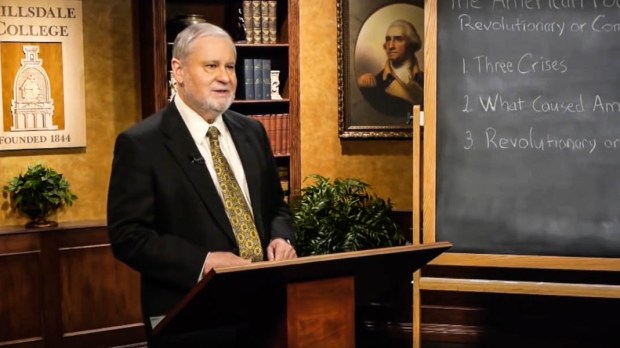Lenten Campaign 2025
This content is free of charge, as are all our articles.
Support us with a donation that is tax-deductible and enable us to continue to reach millions of readers.
President Donald J. Trump delivers his first State of the Union address next Tuesday, January 30. The SOTU, as it’s often referred to these days, is full of customs that have come to be expected year after year. Presidents often like to tout the accomplishments of their administration while egging Congress on to support their agendas.
They also often include somewhere in the speech some variation on the phrase, “The State of the Union is strong.”
But on what is that strength based? If anything, it has to be based on the founding documents of the United States, the Declaration of Independence and the Constitution.
Do you know your Constitution? There’s a lot of talk about freedom of speech, religious liberty and other basic tenets found in the Bill of Rights, the first 10 amendments of the Constitution. But there is so much more to this document, and if we don’t at least have a cursory understanding, we can miss the significance of a lot of the debates going on in the news today.
We also lack a good understanding of what it means to be an American, if we don’t know the roadmap by which our government and society is meant to operate.
Hillsdale College has a good antidote to any ignorance that may exist, and it’s free. The college launched an online course on the Constitution, which is easily accessible on YouTube.
Taught by a panel of Hillsdale professors, including President Larry P. Arnn, who teaches in the politics department, the course explores the origins of the Constitution and the debates that formed it.
“The U.S. Constitution is the key to securing liberty for all Americans,” Hillsdale says, “yet few know exactly what it says, and what freedoms it protects. That is why every student of Hillsdale College is required to study this document before graduation.”

